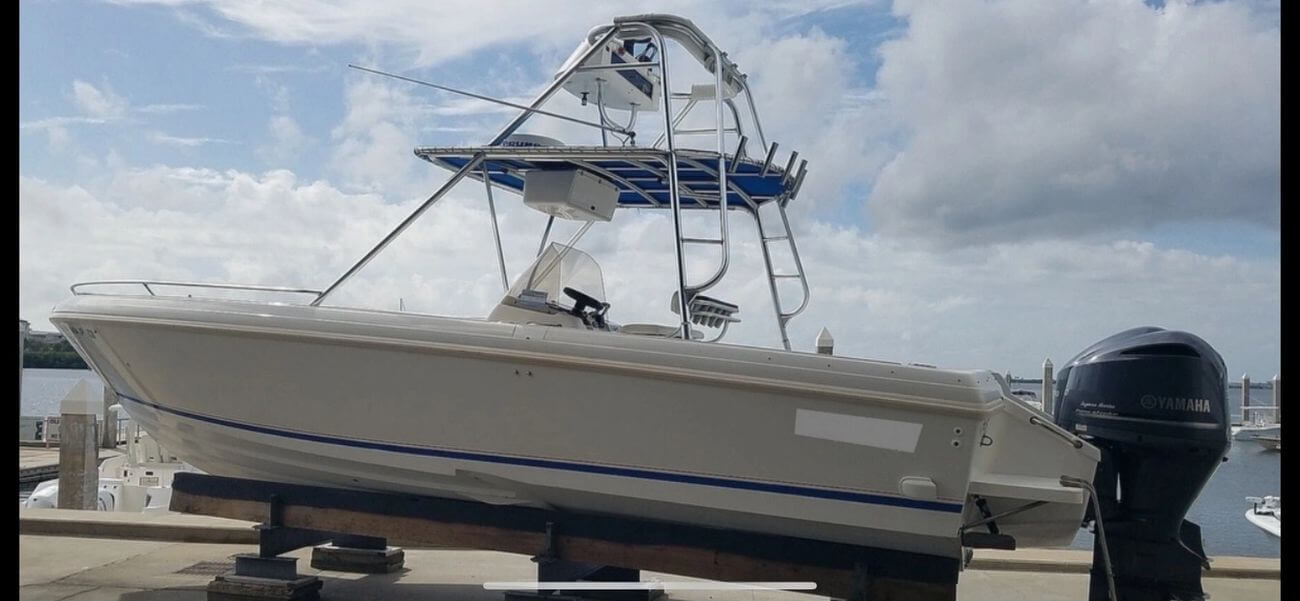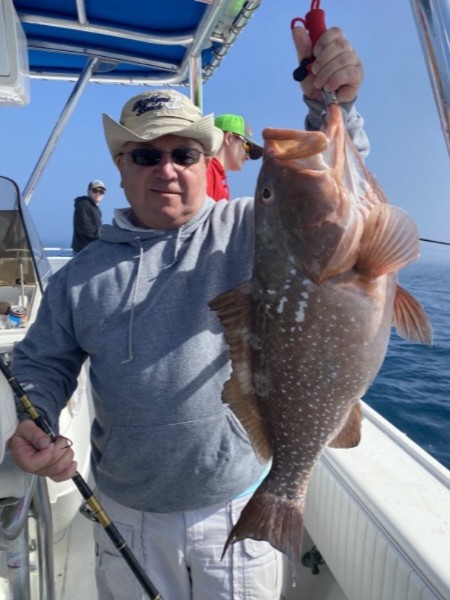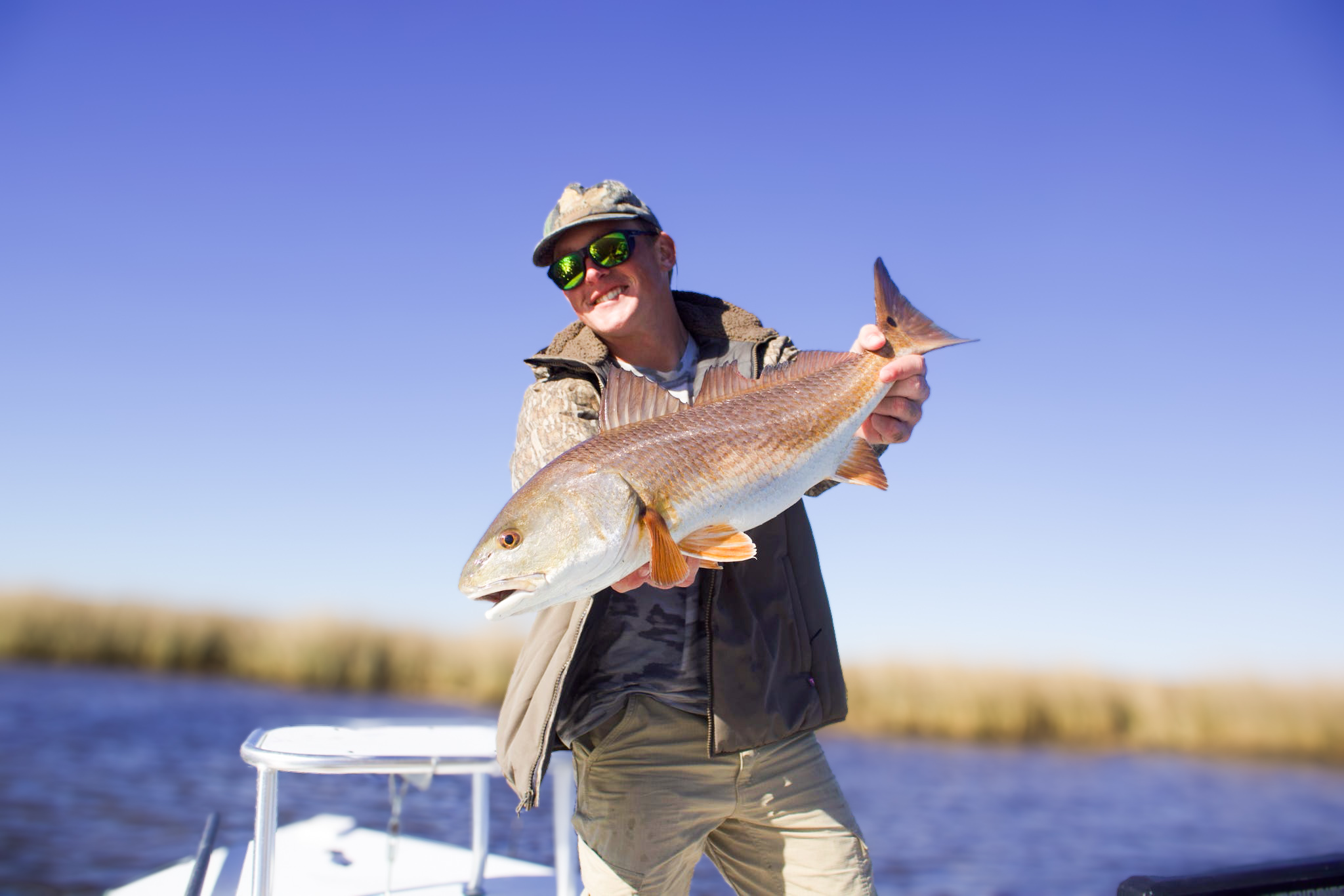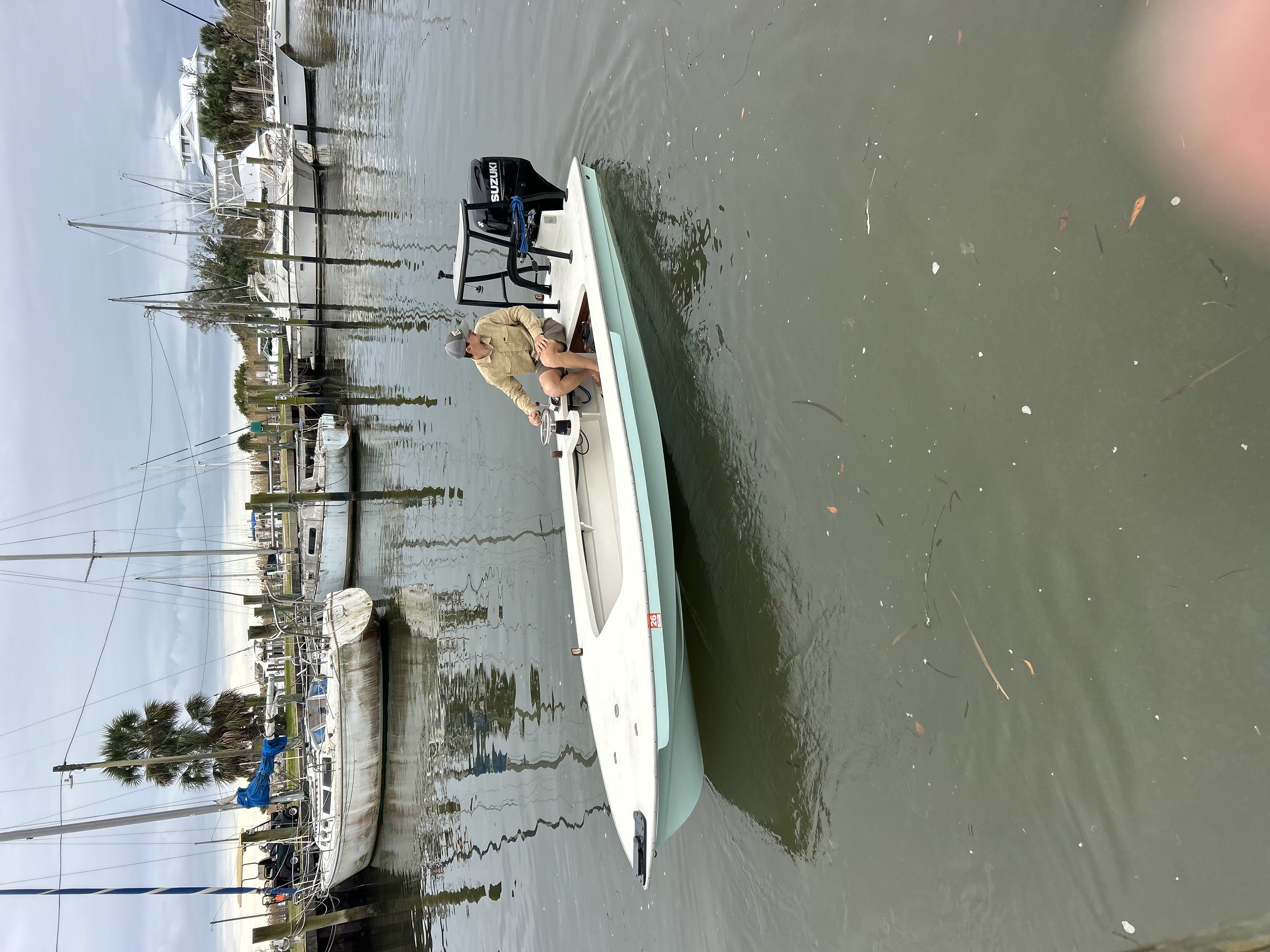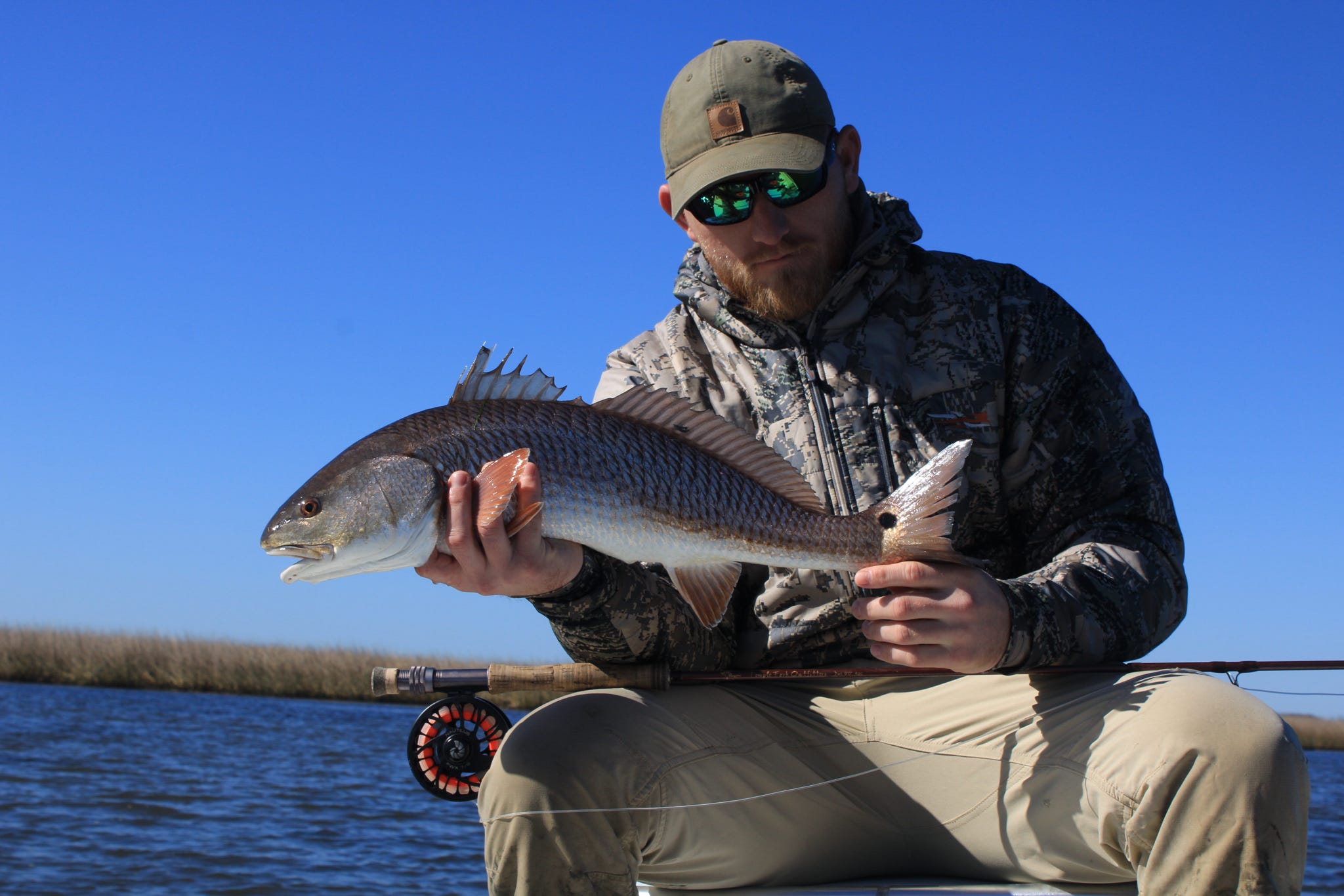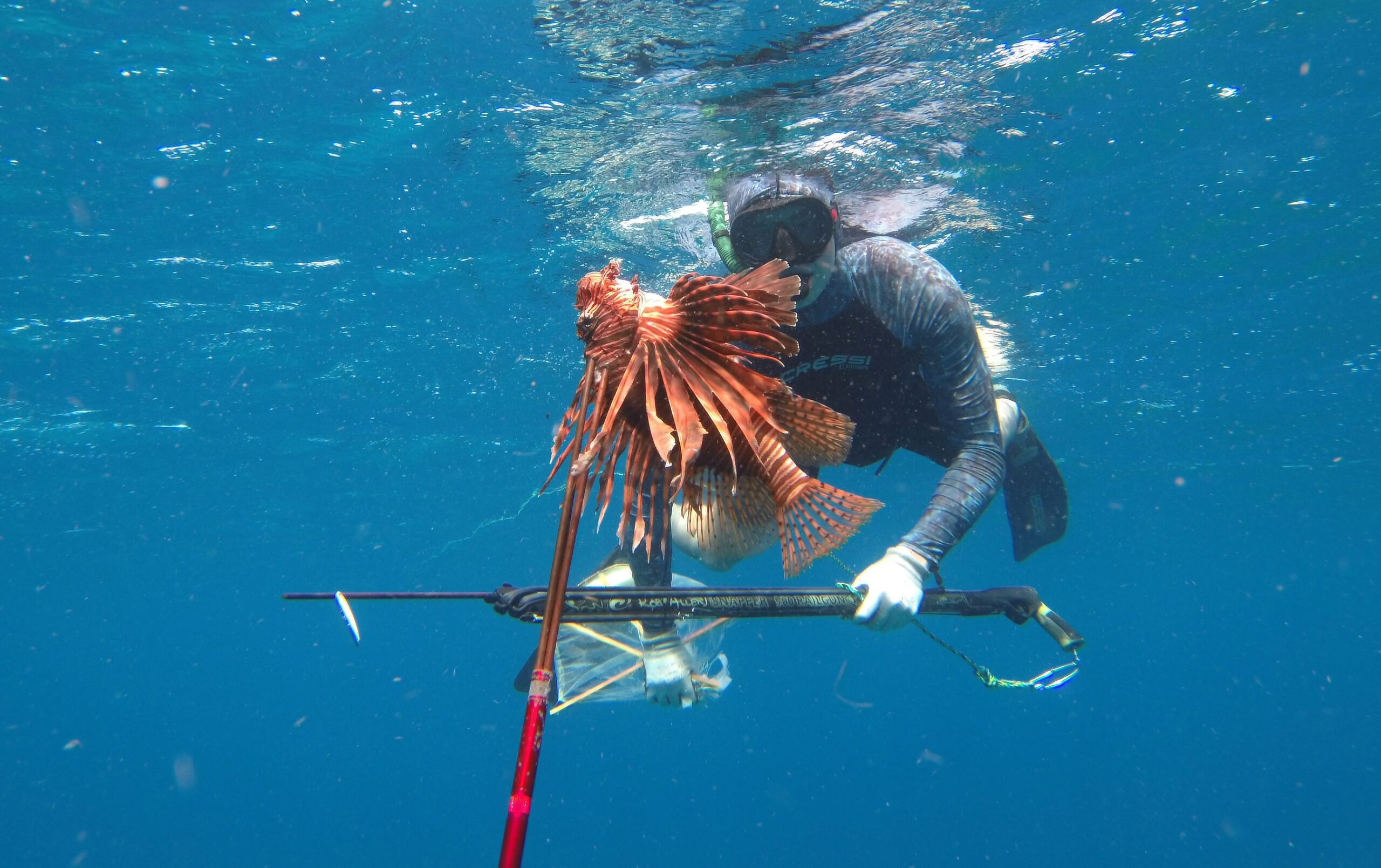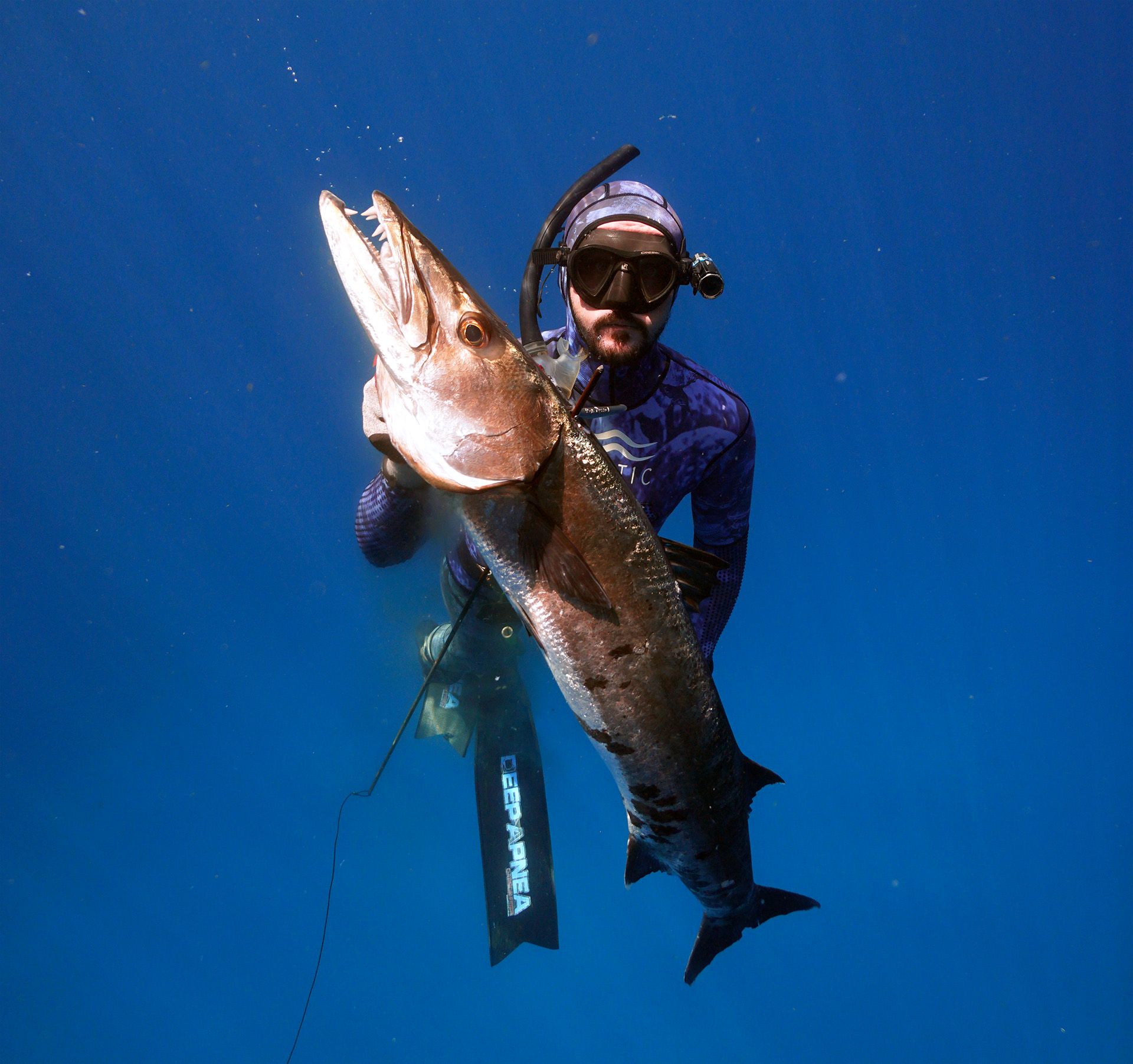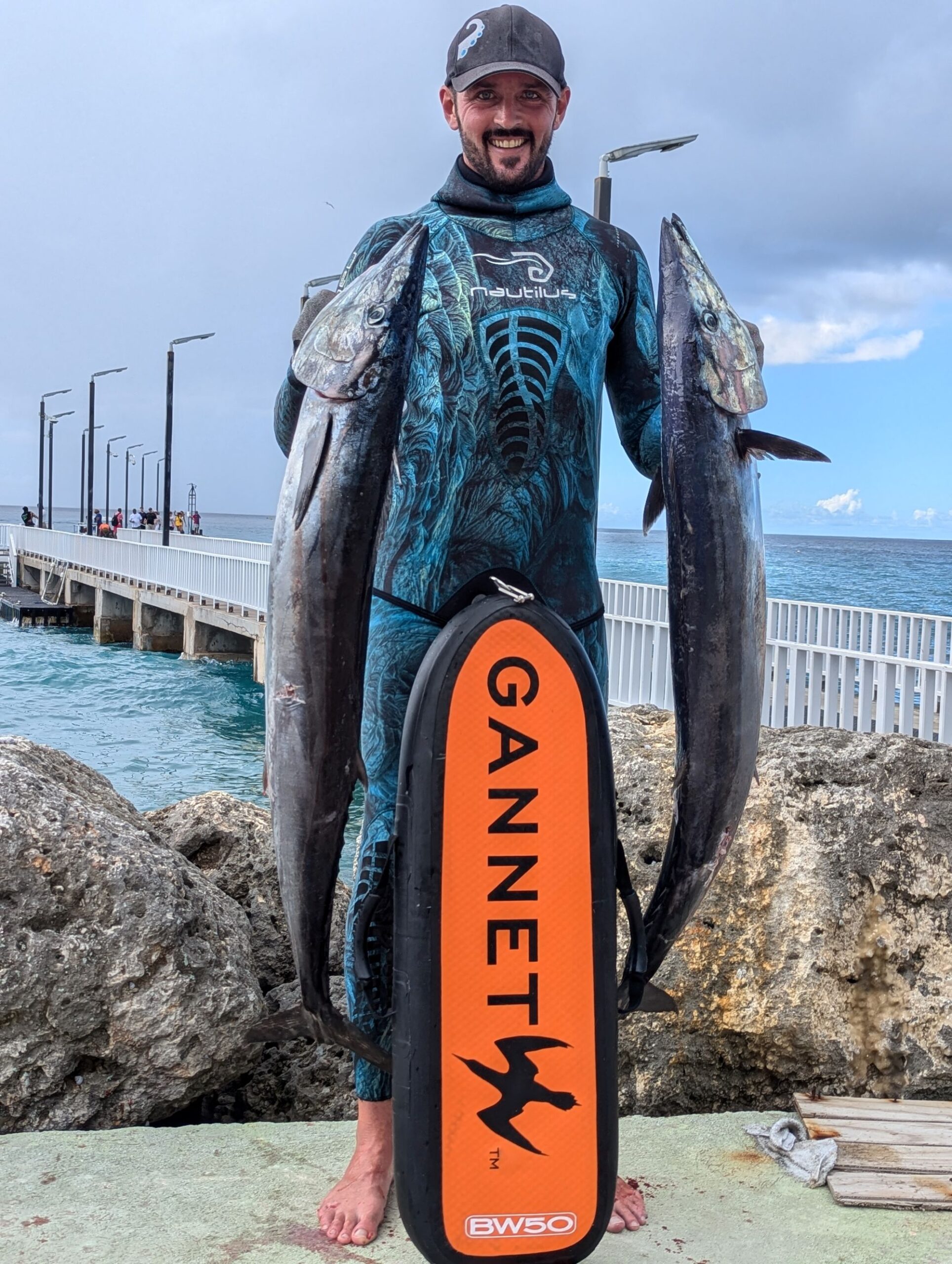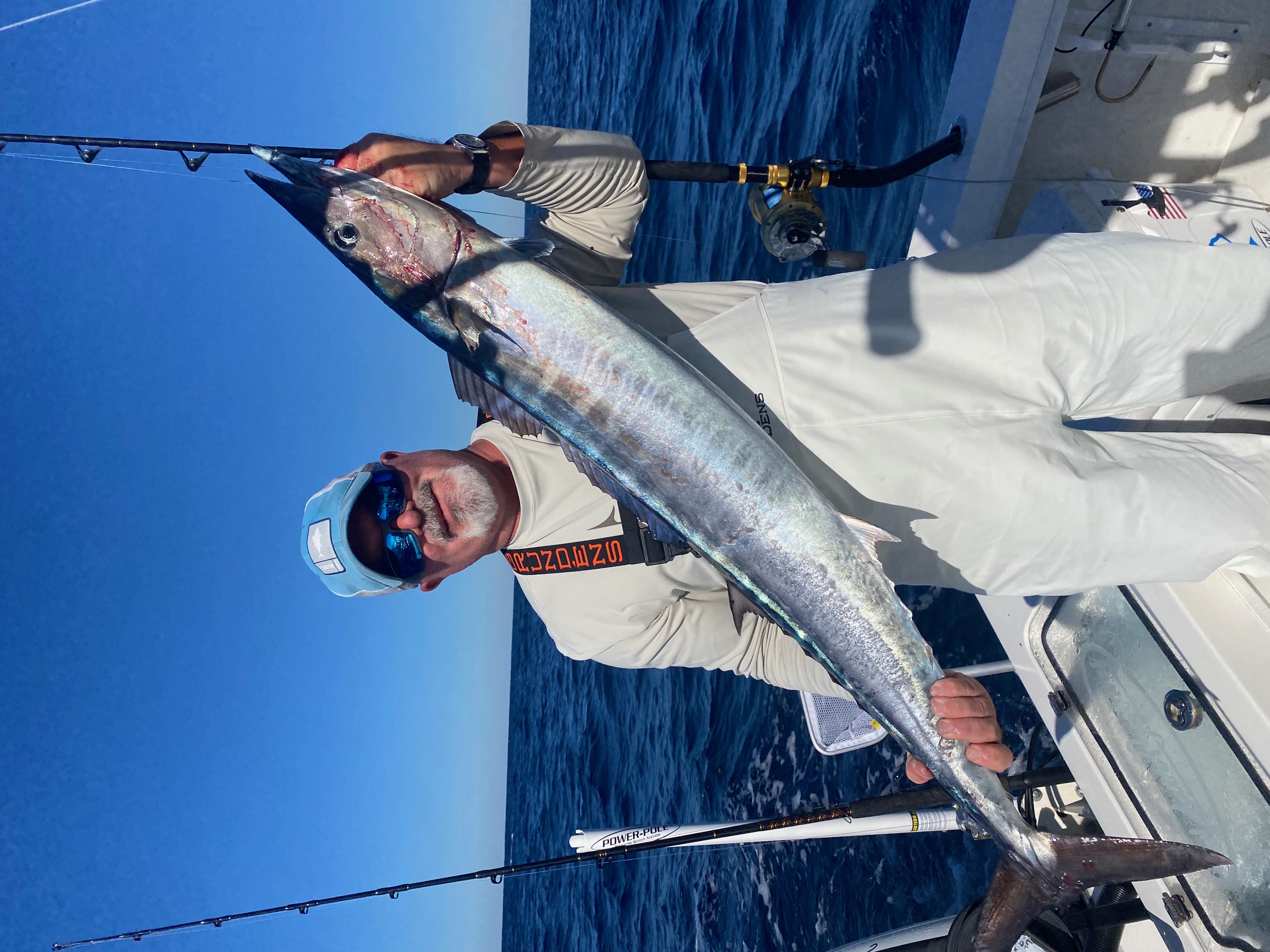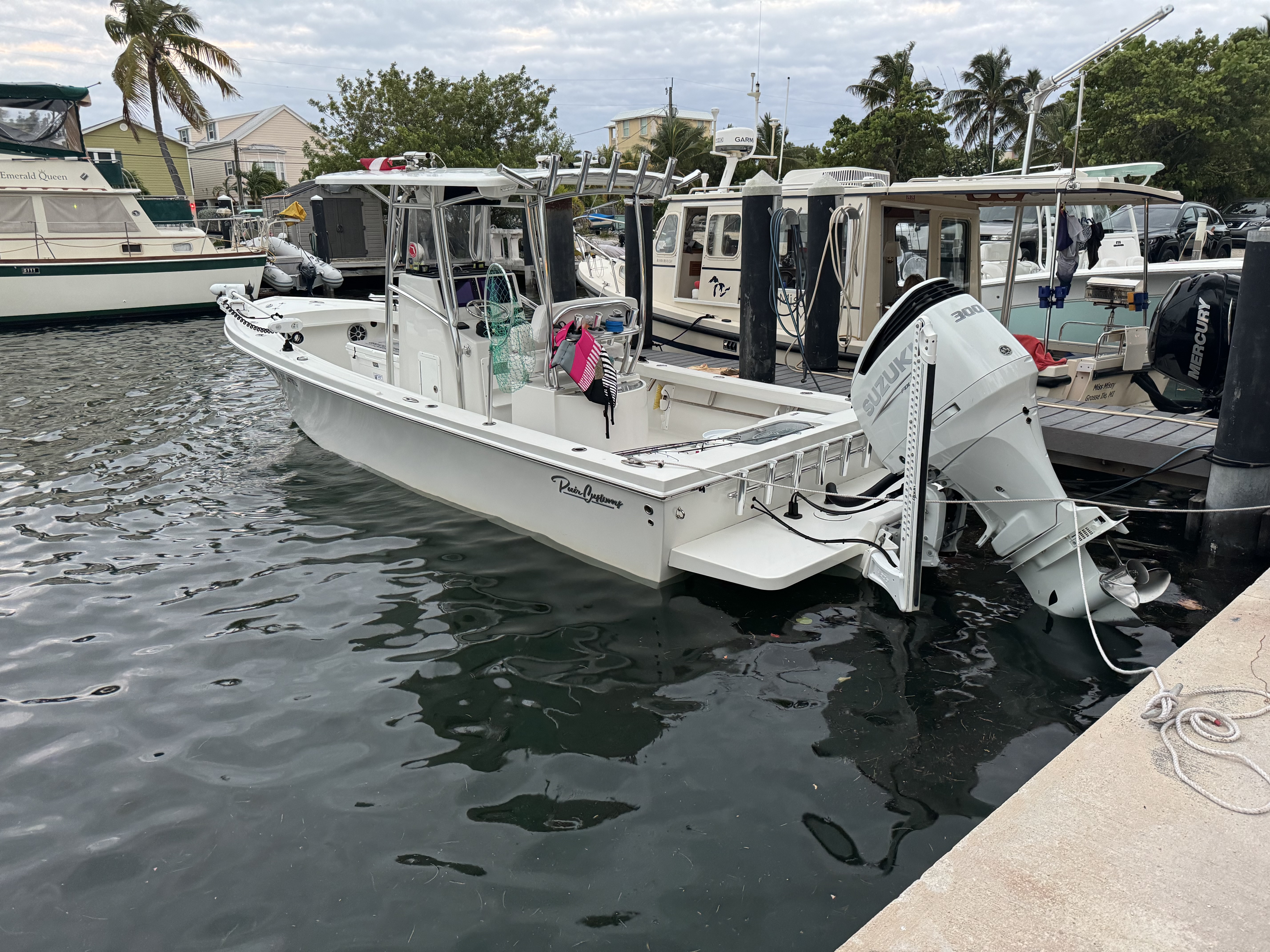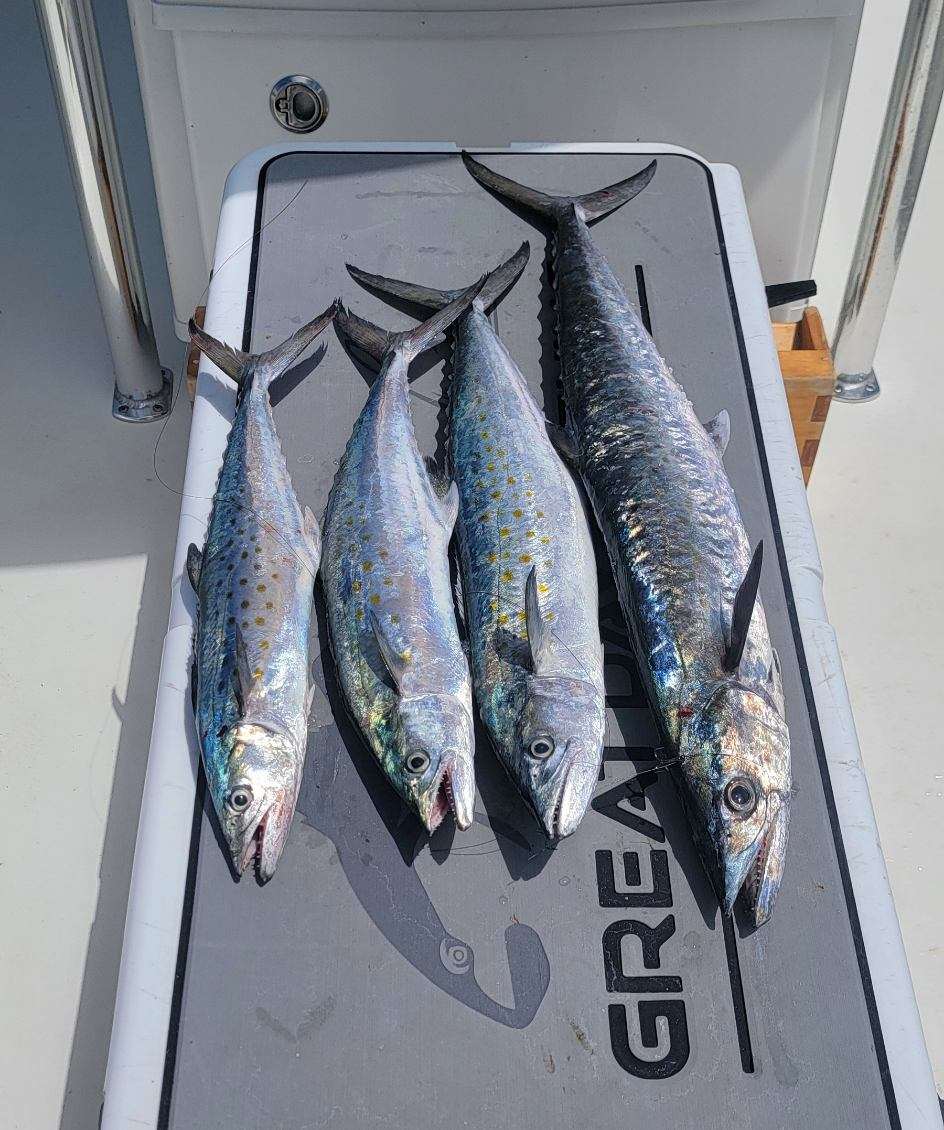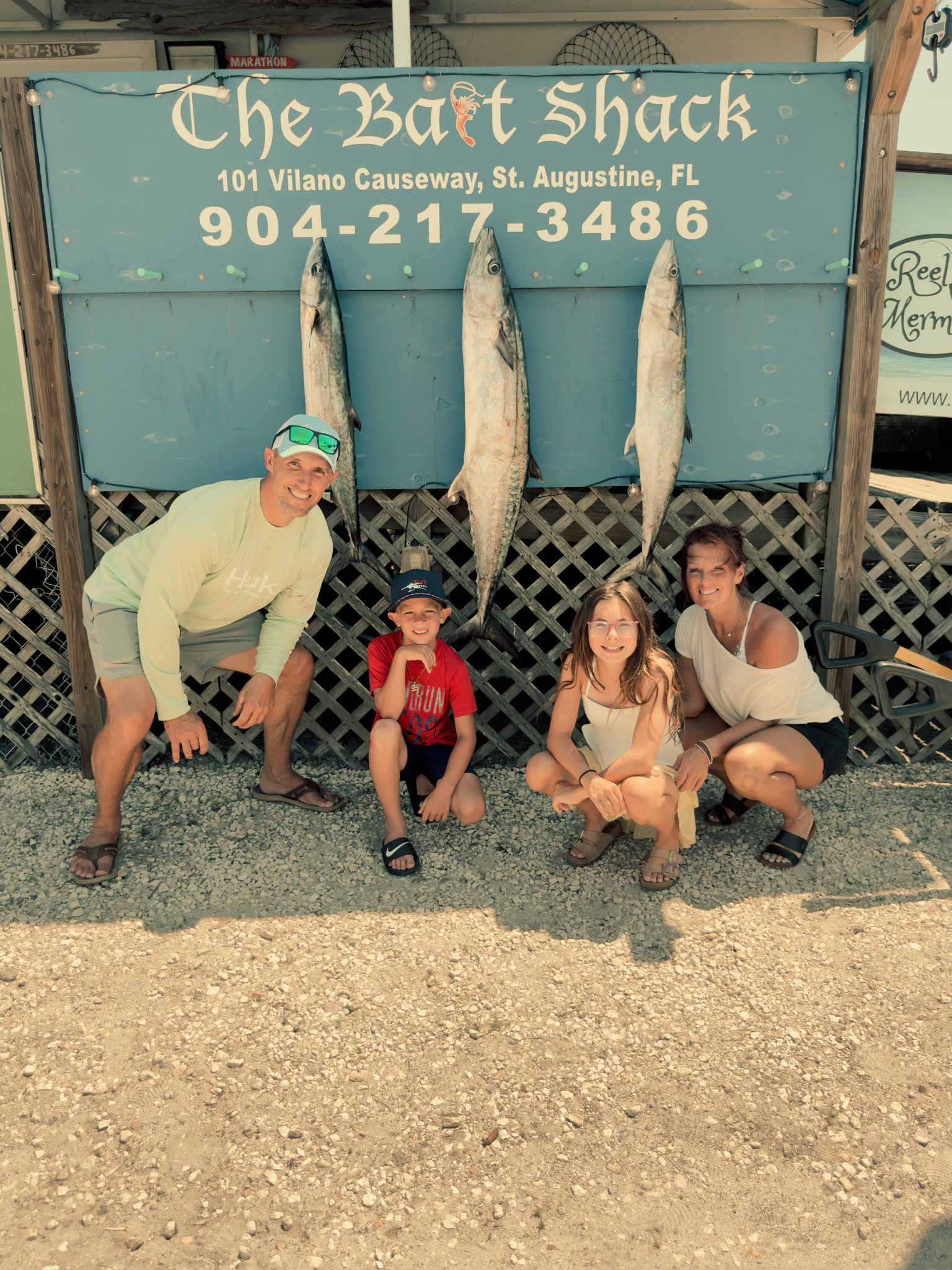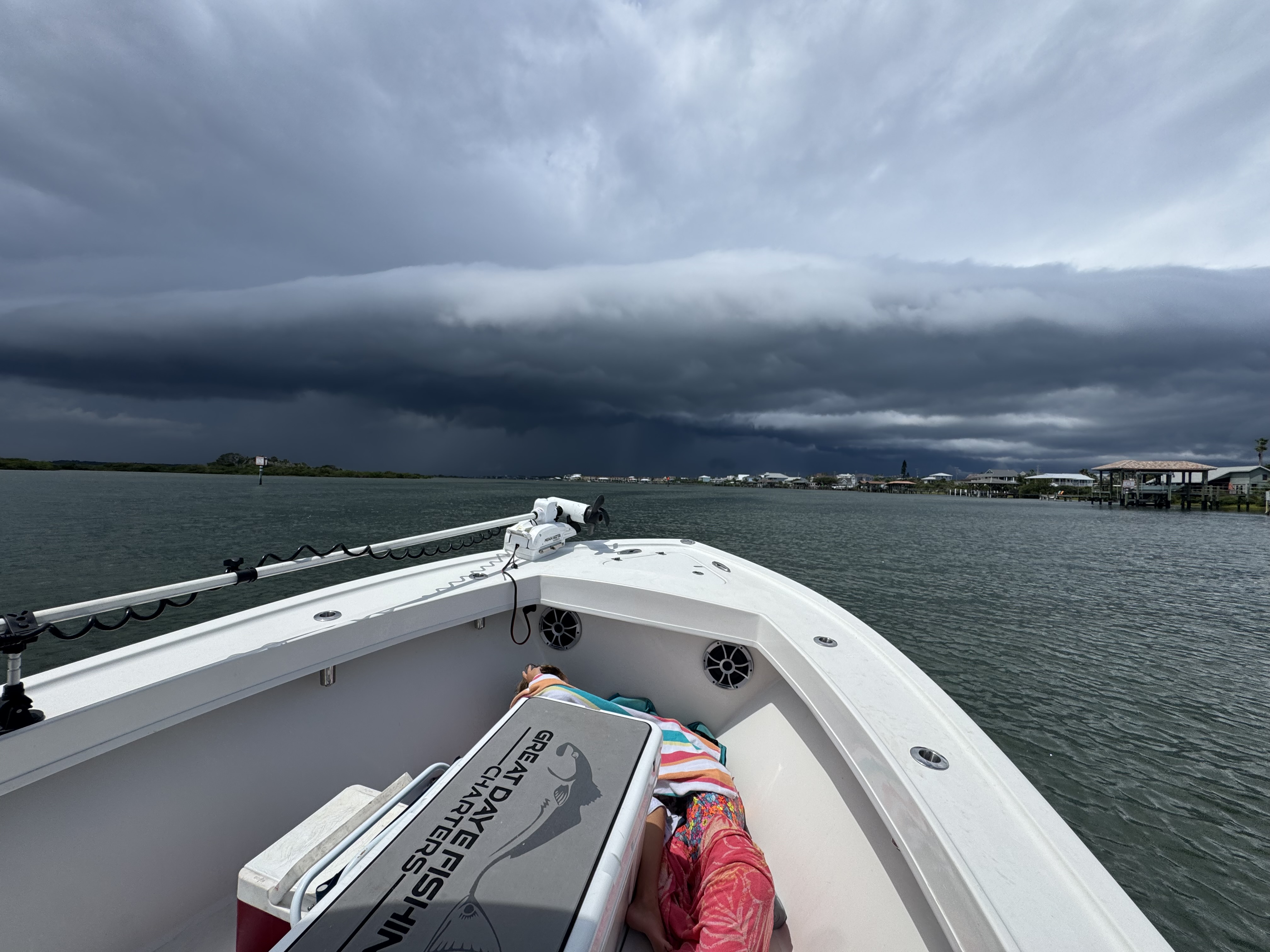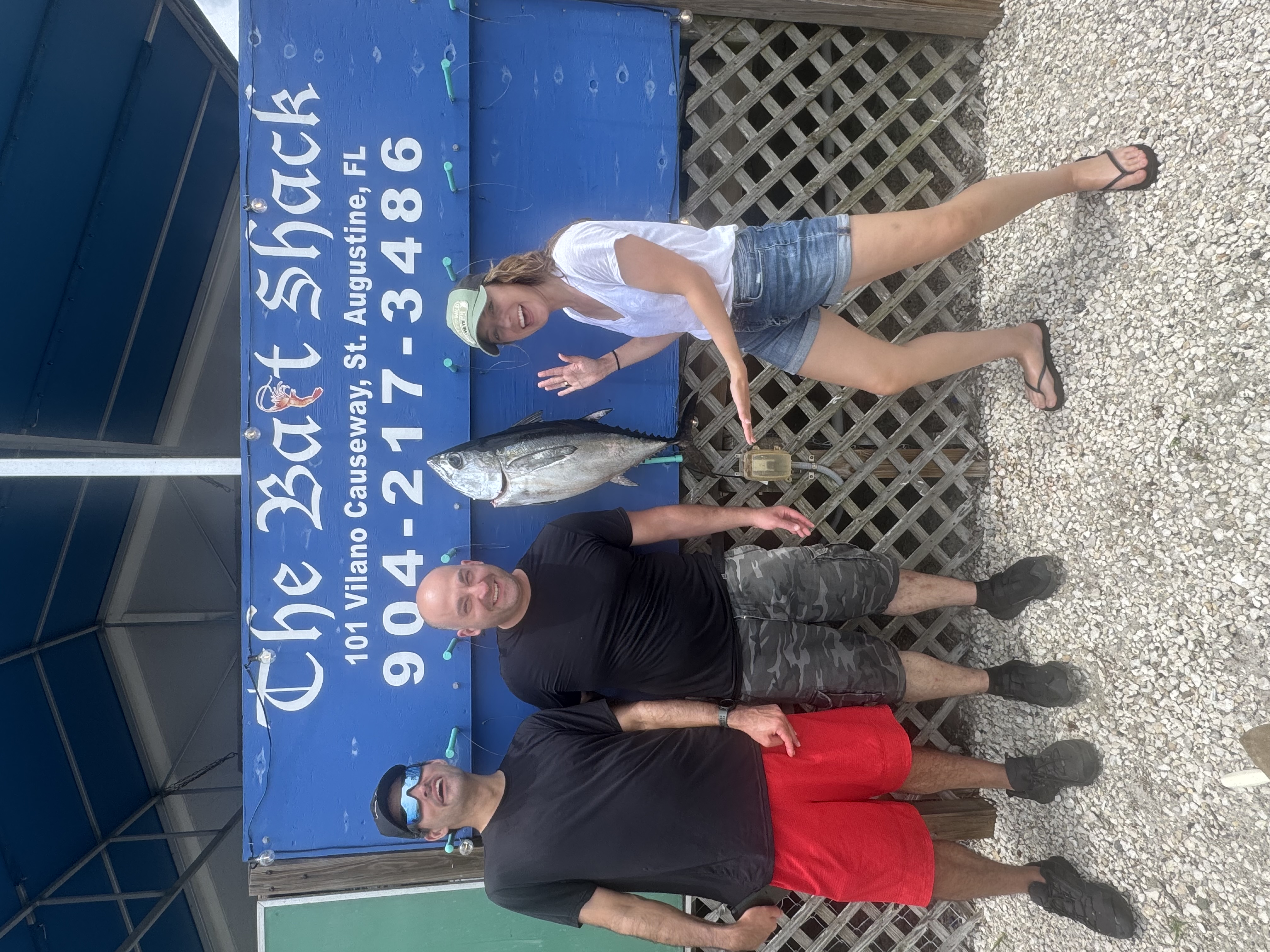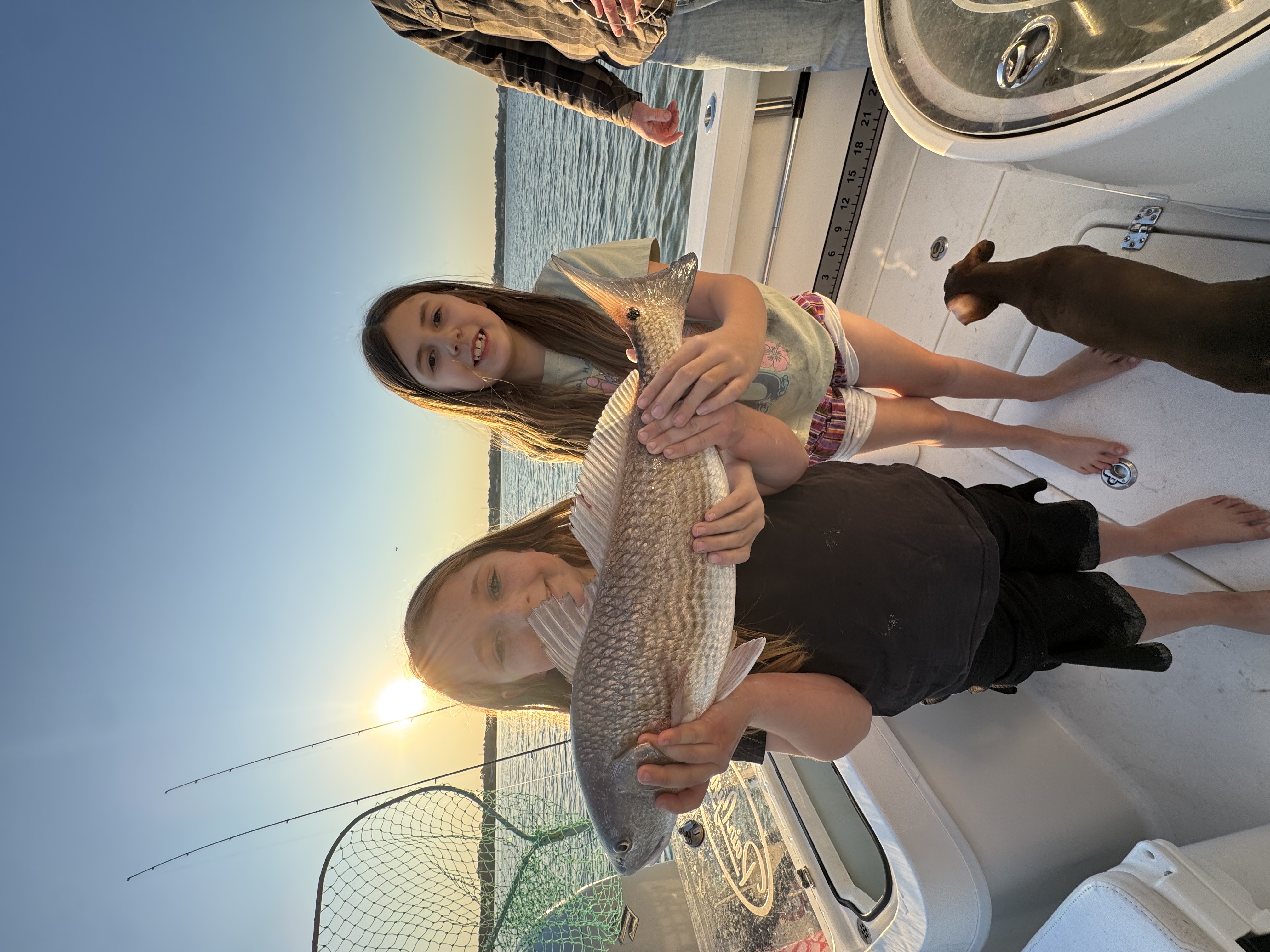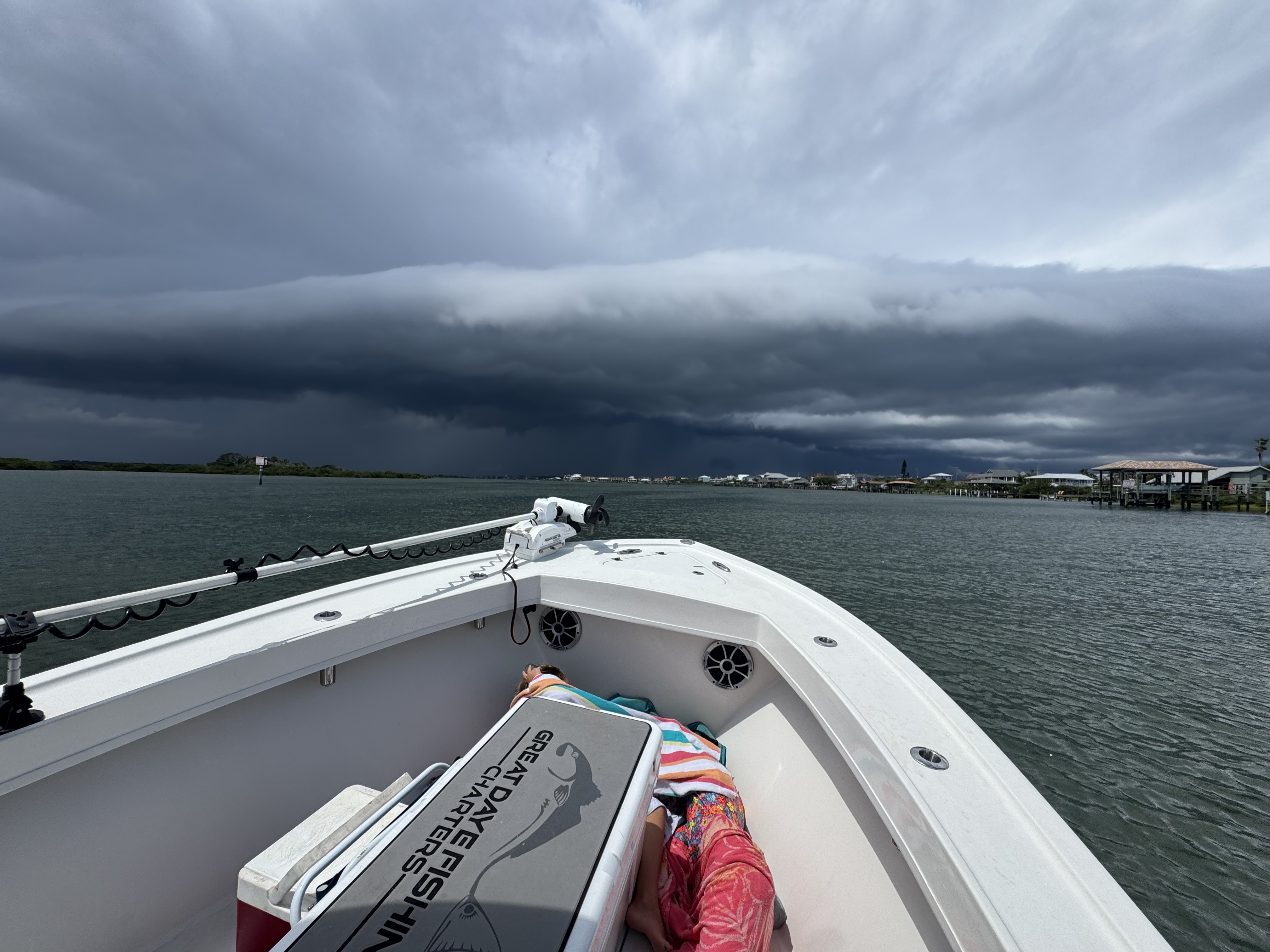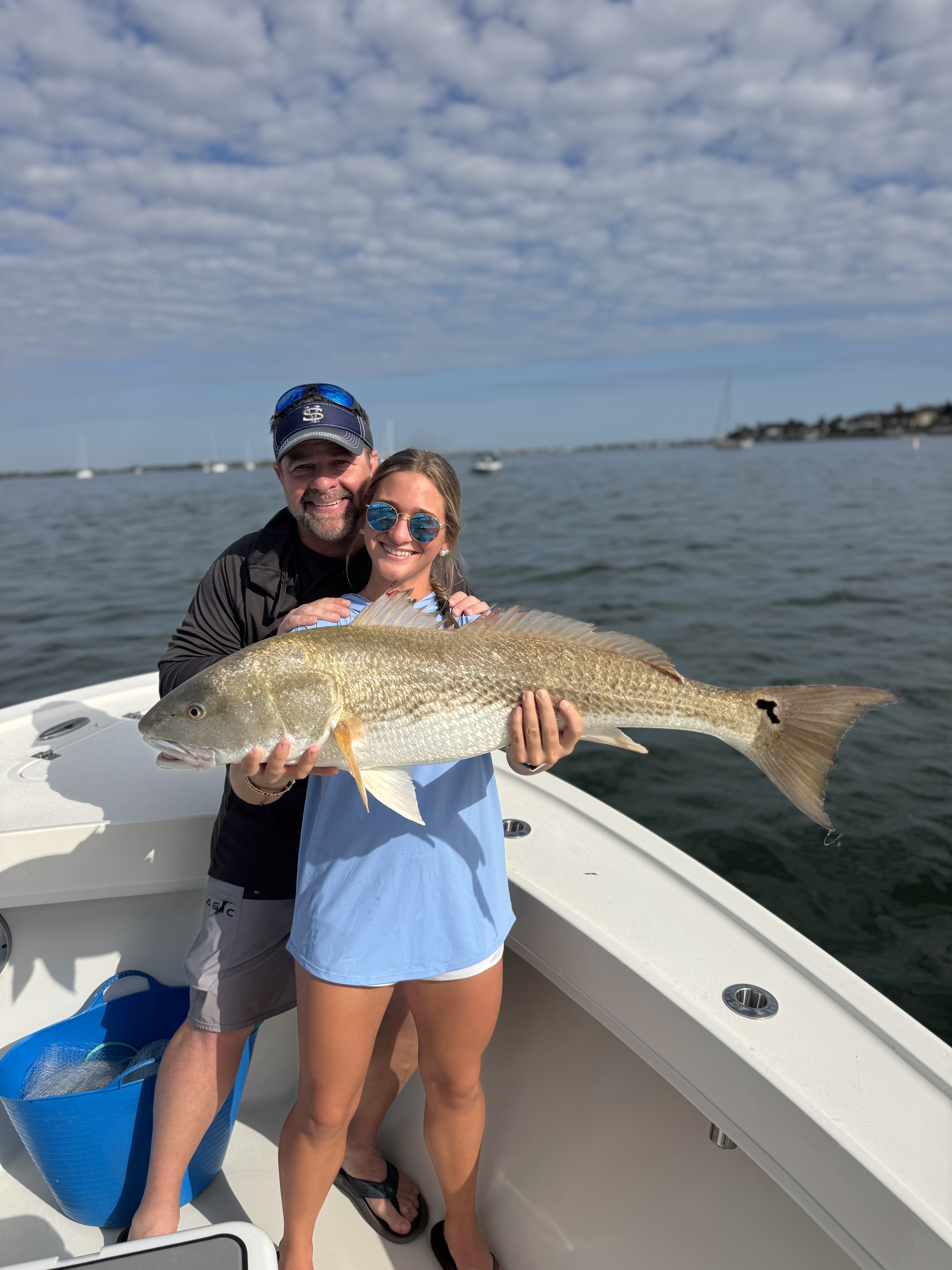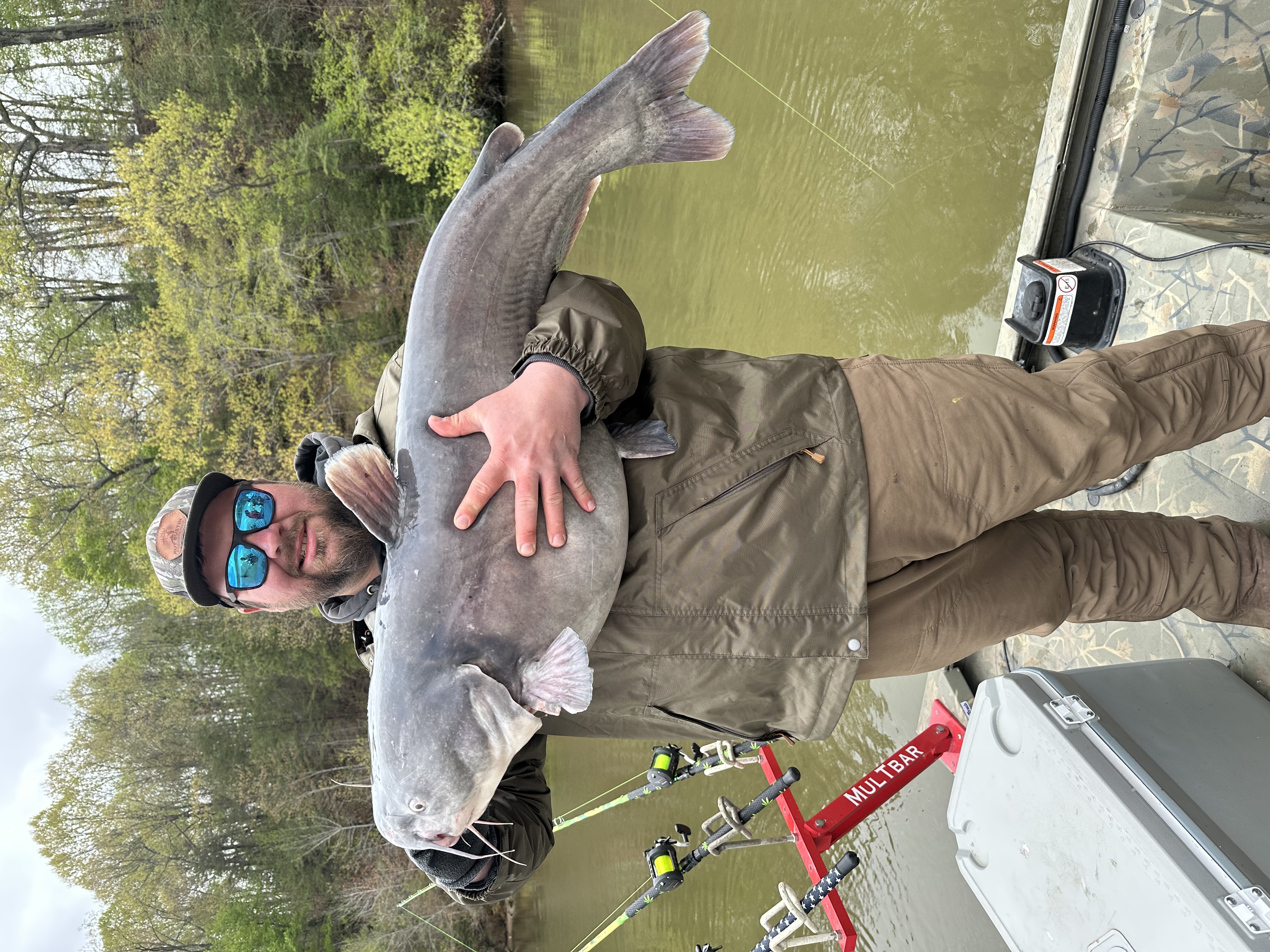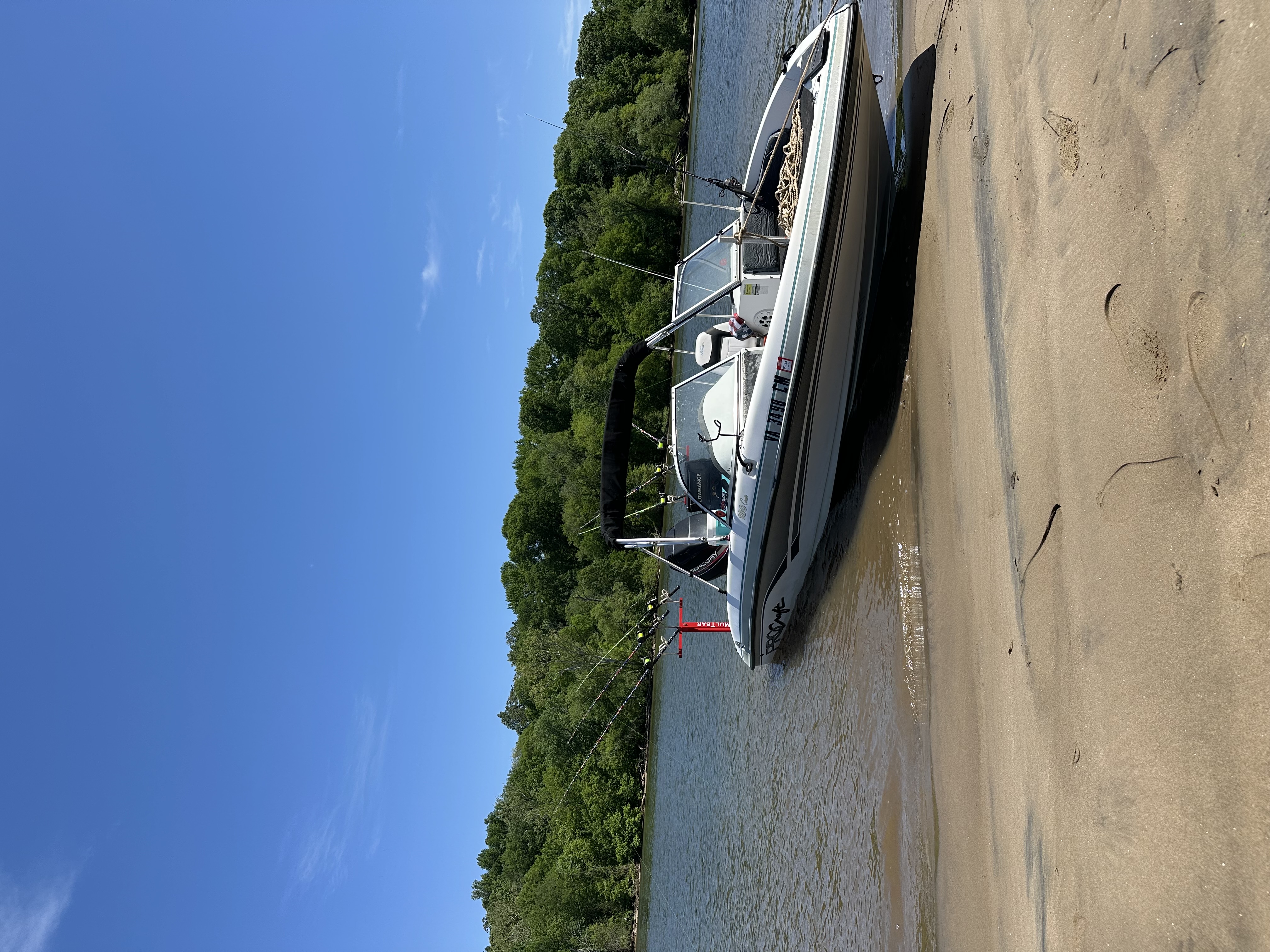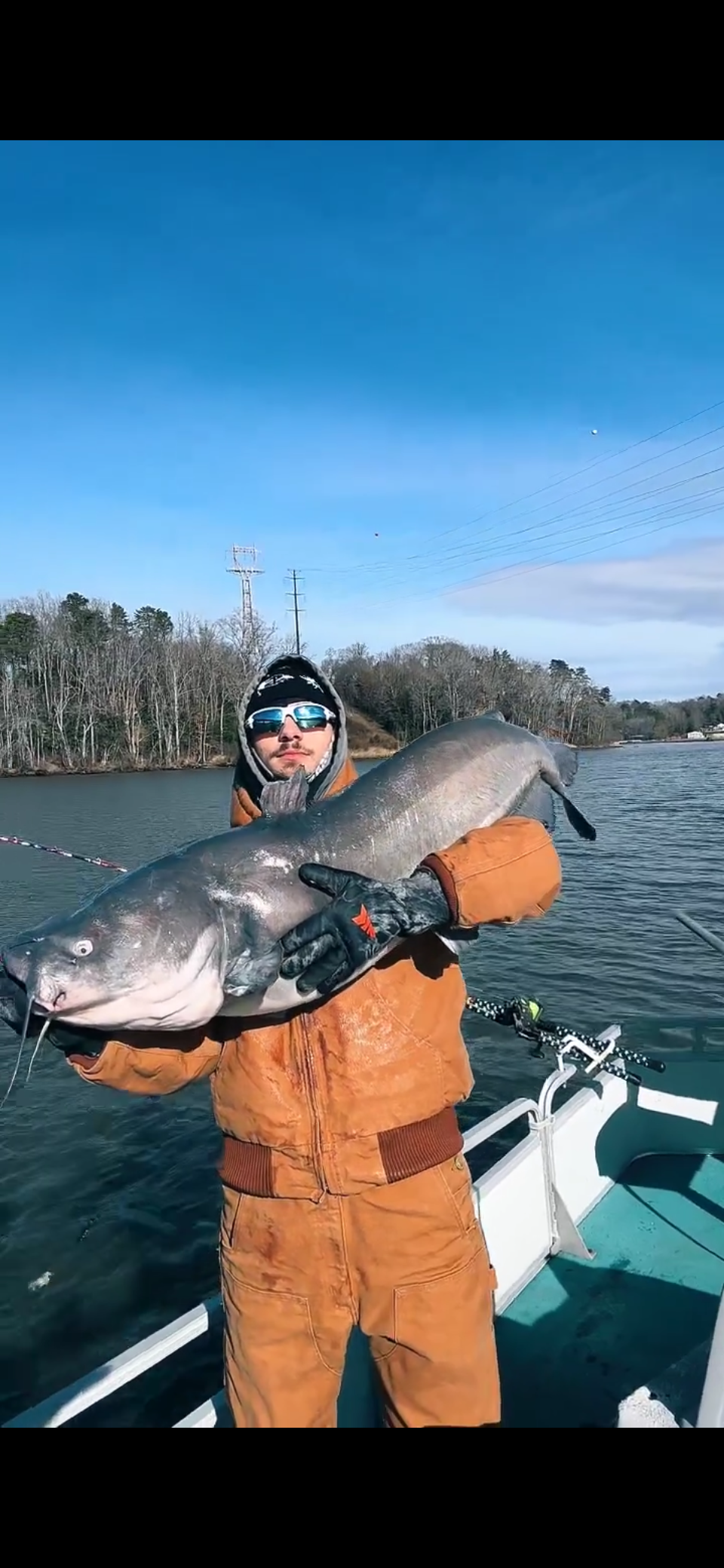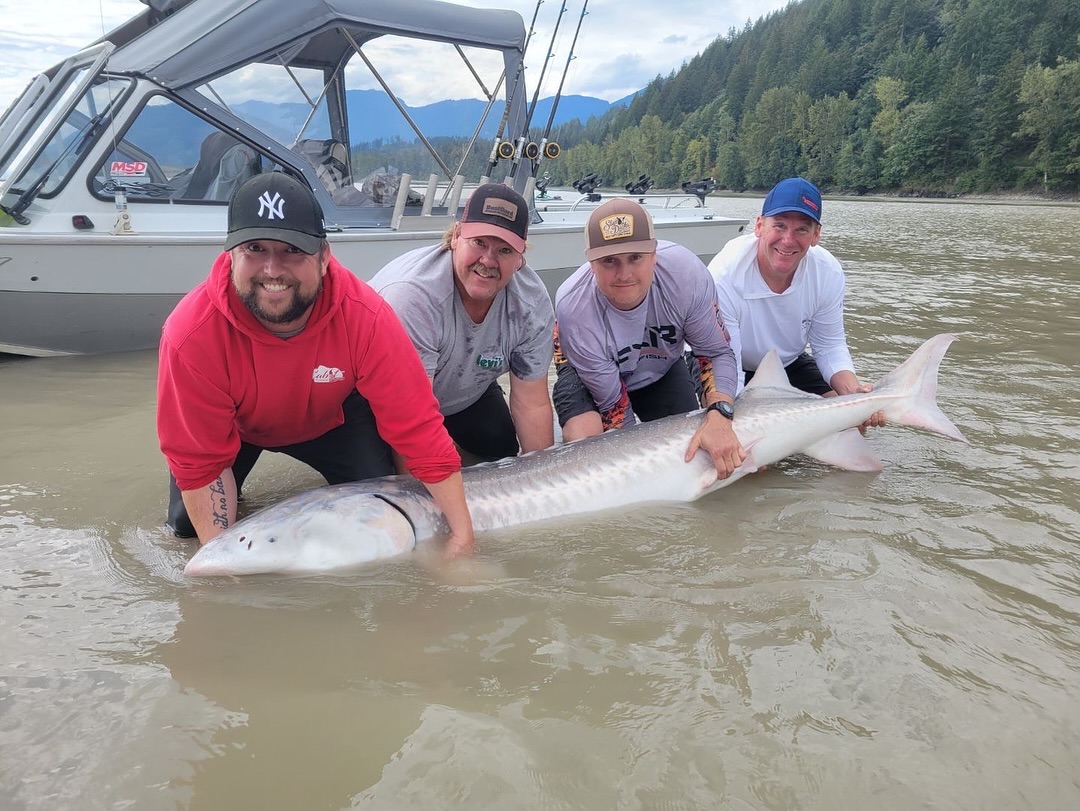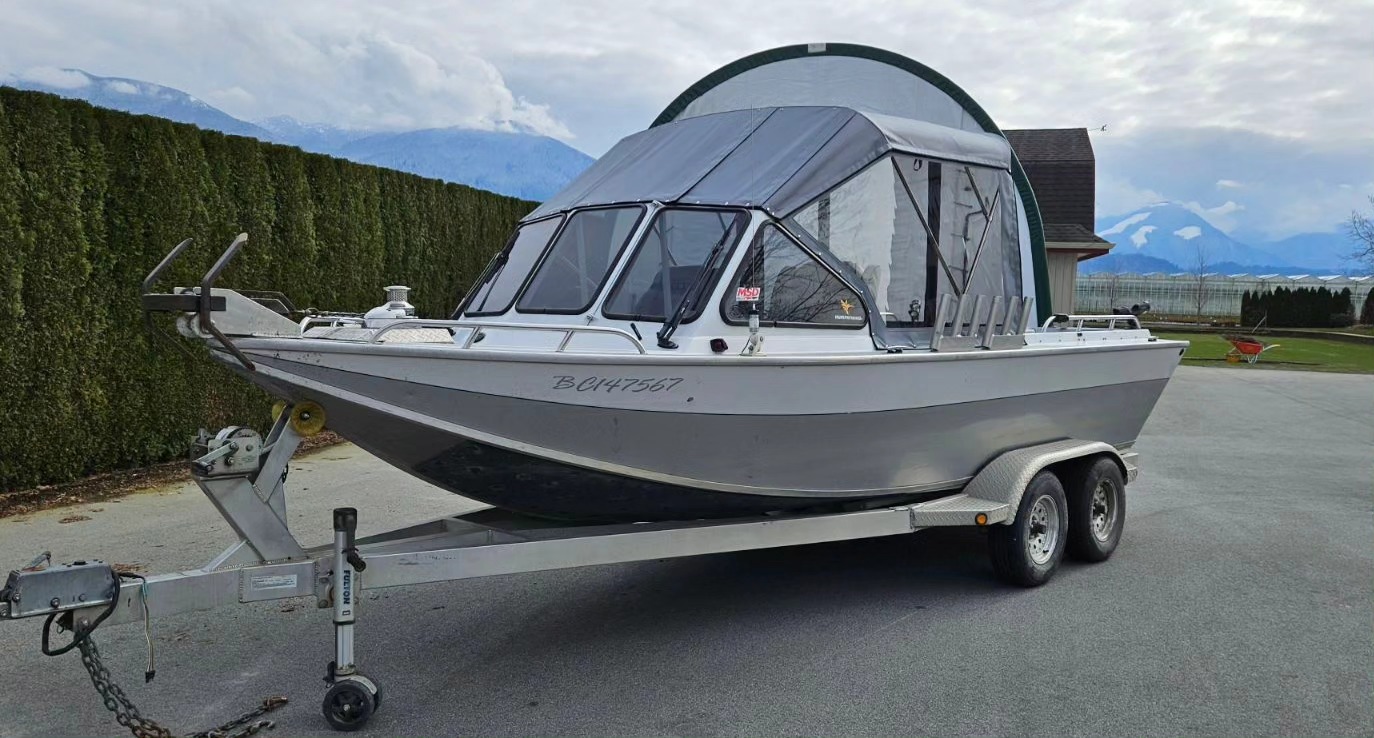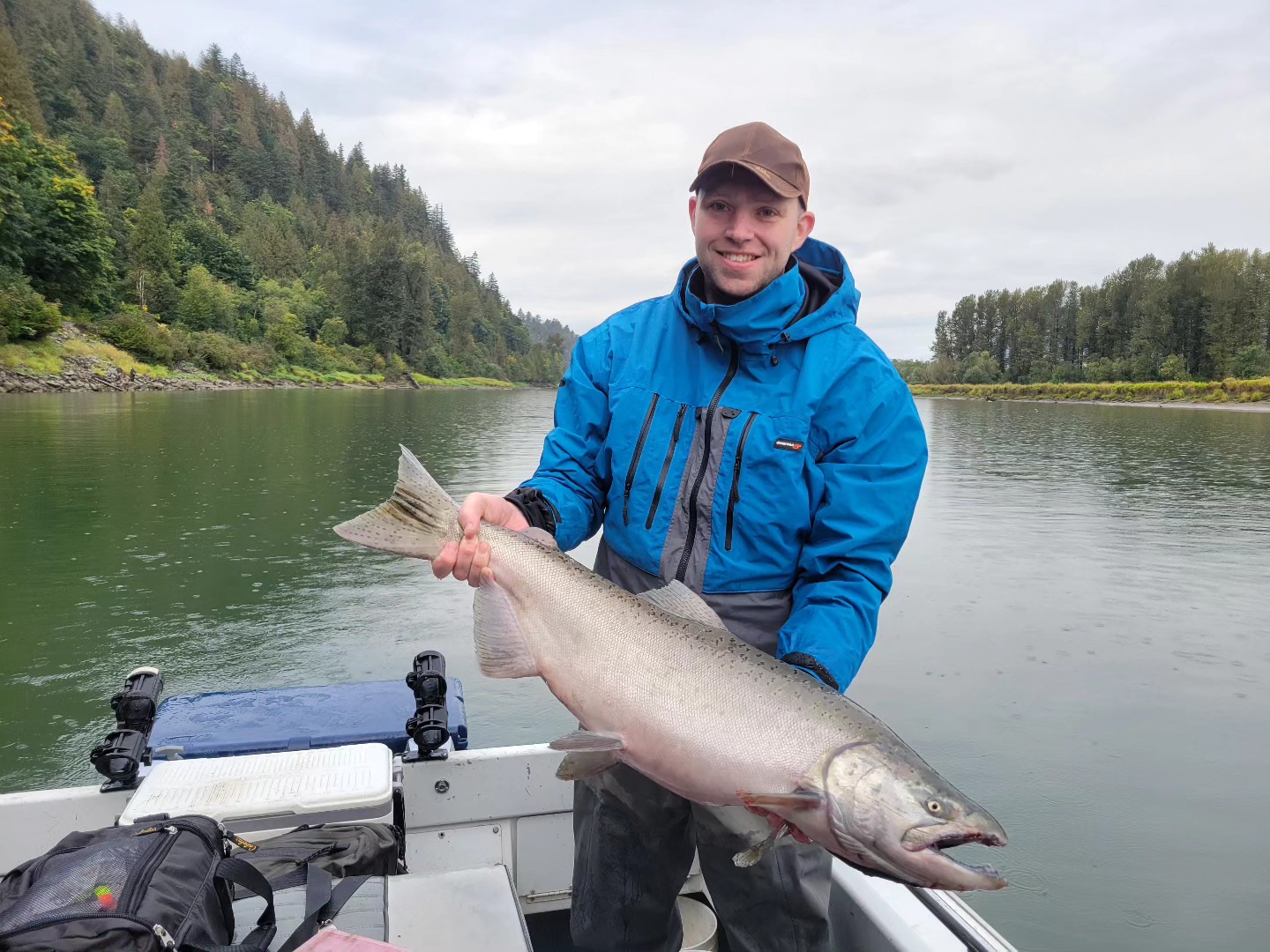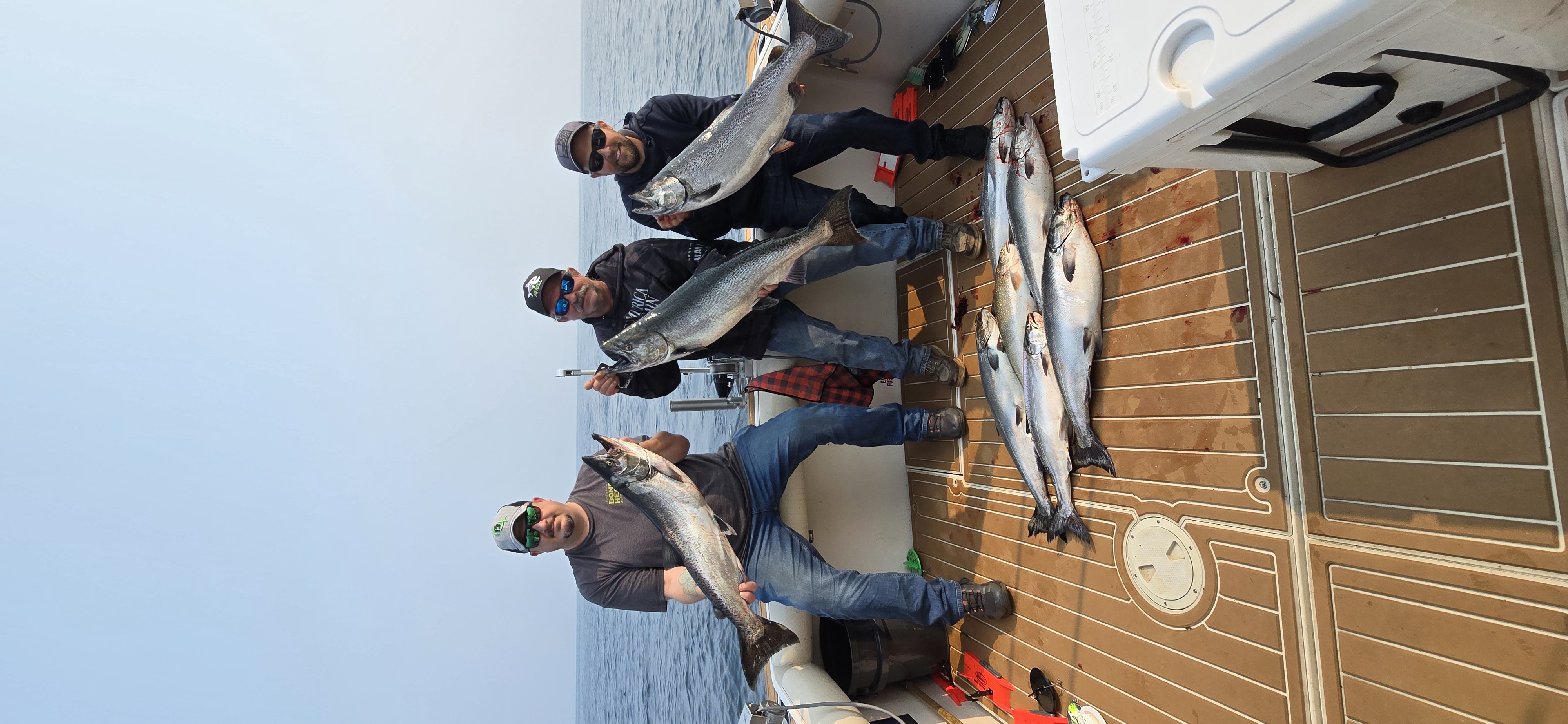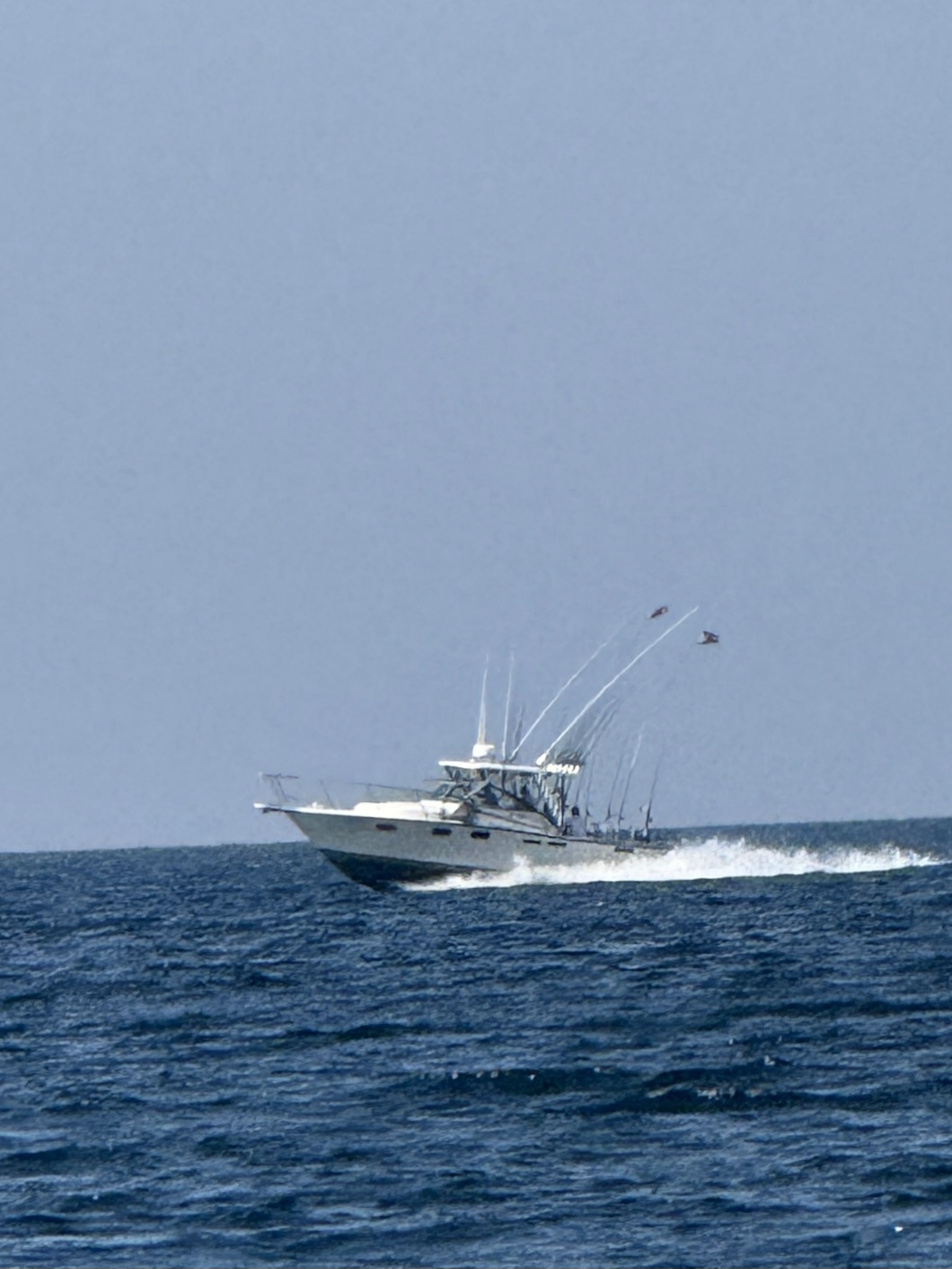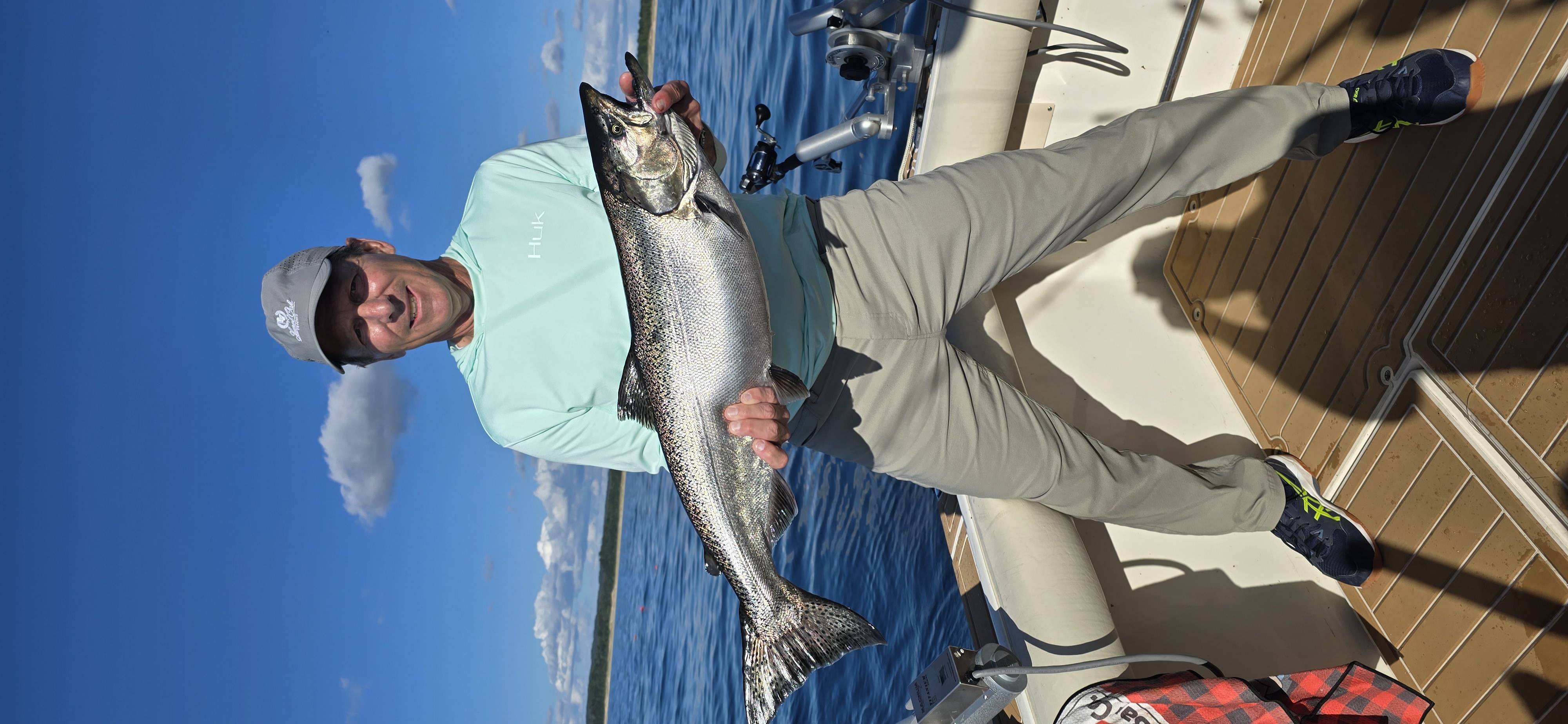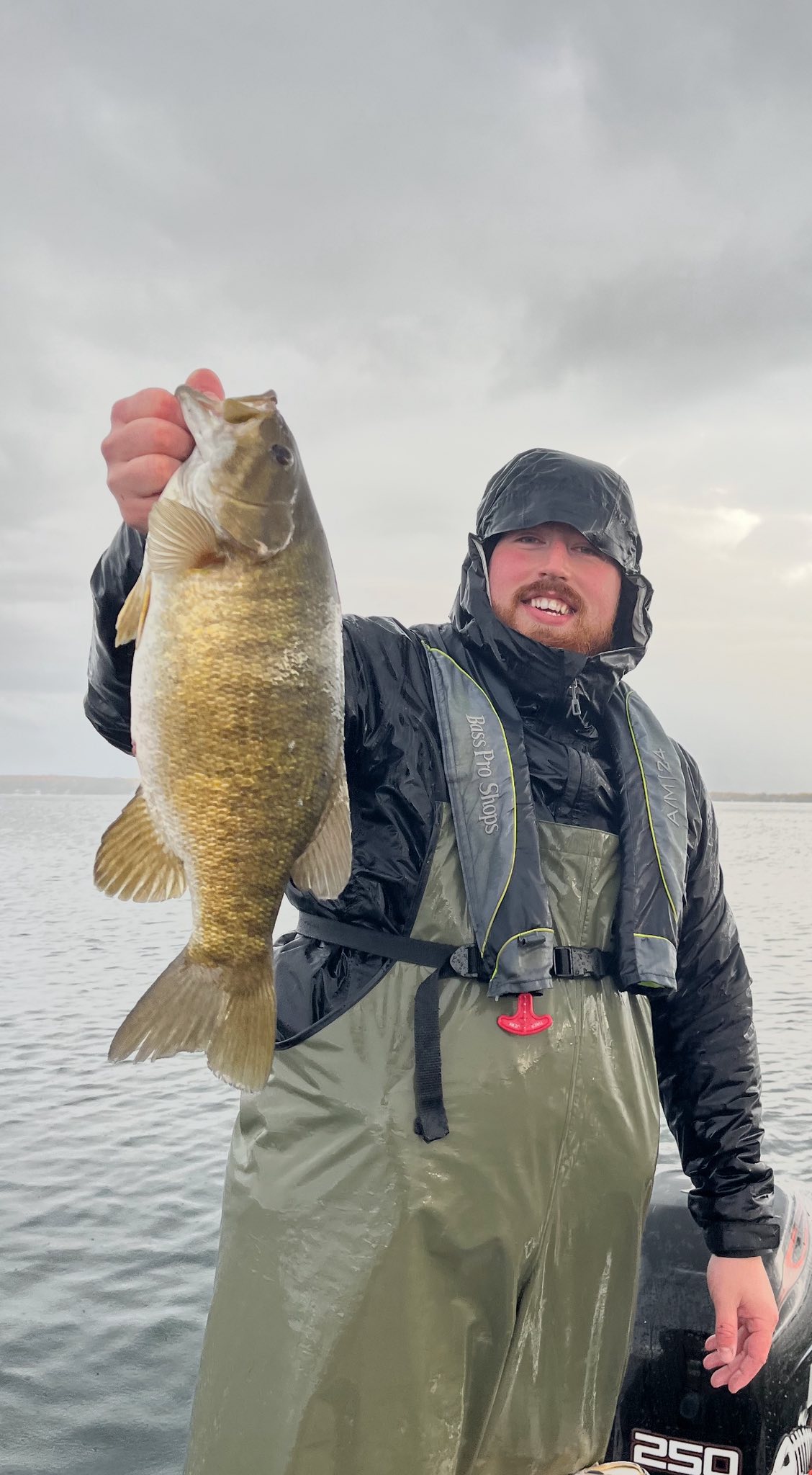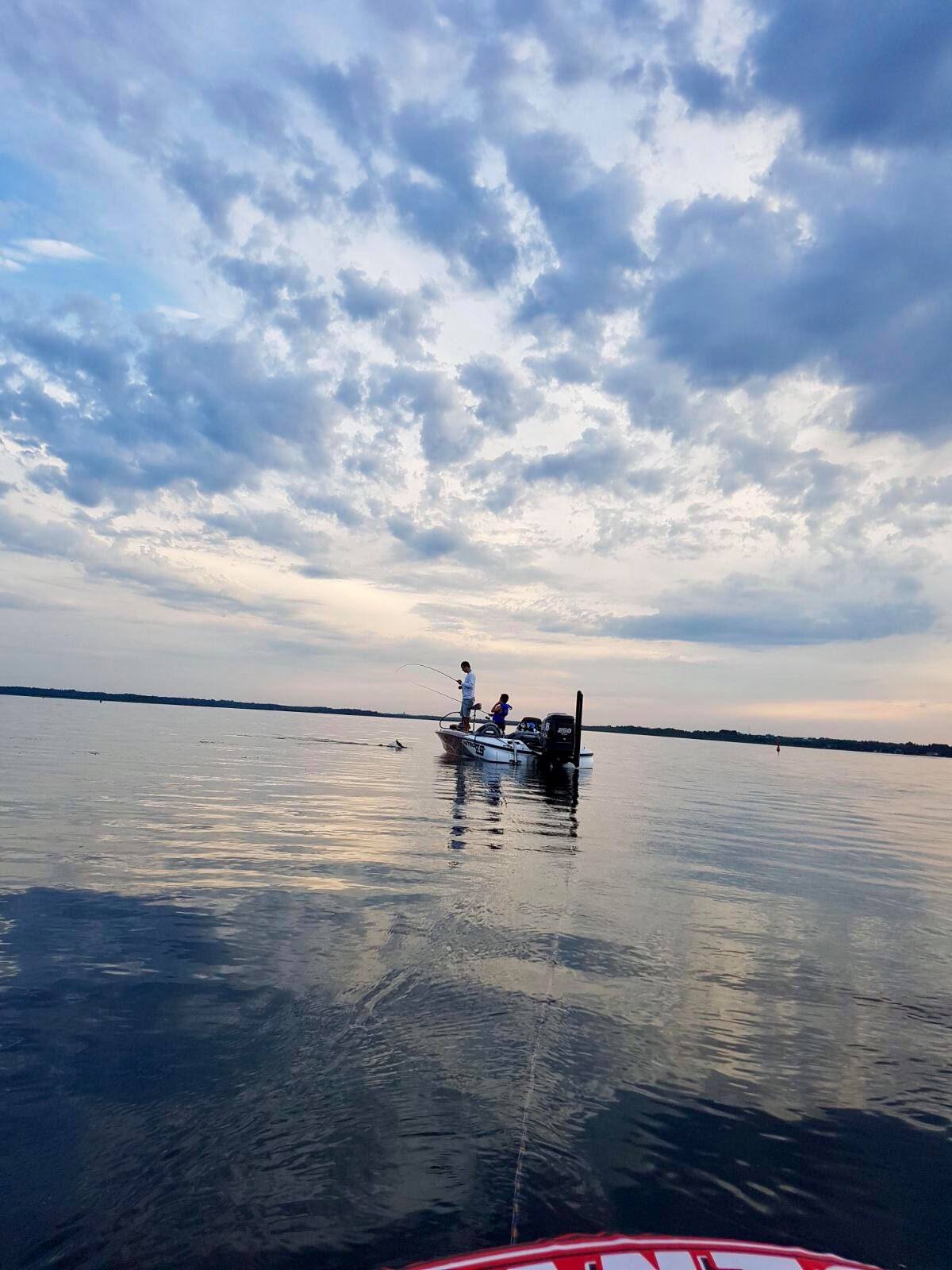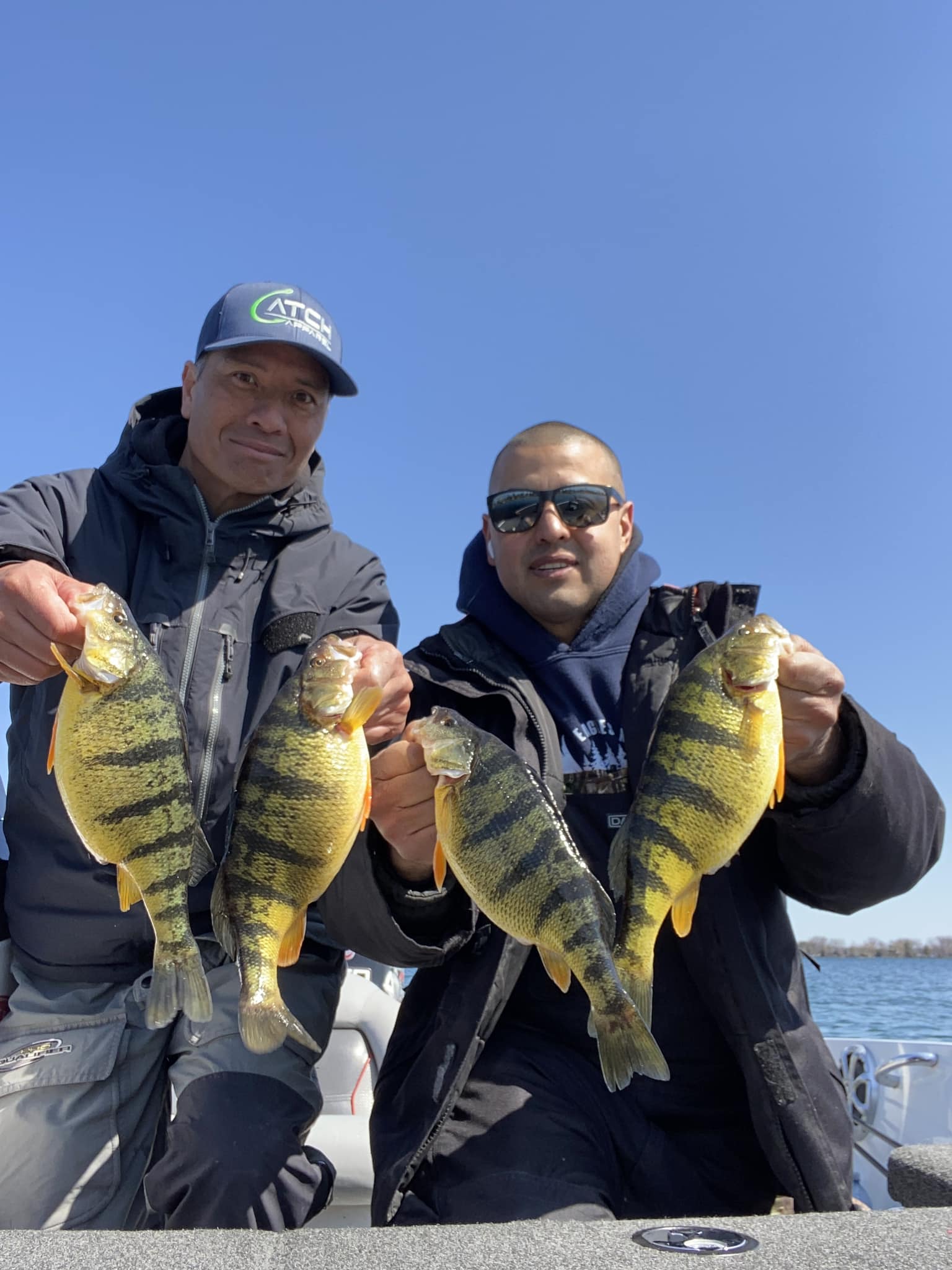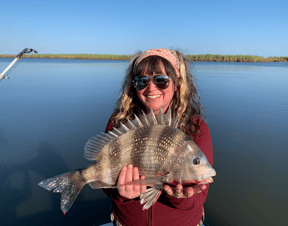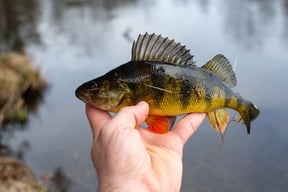Deep Sea Fishing in Fort Myers Beach
All-Day OFFSHORE FISHING
Inshore, Flats Fishing in Apalachicola
Fly/flats Fishing
Inshore, Invasive Species, Snorkeling in Bridgetown
Spearfishing Barbados
Deep Sea, Nearshore Fishing in St. Augustine
6 Hour Offshore
Nearshore Fishing in St. Augustine
4 Hour Nearshore
Inshore, Jetty, Flats in St. Augustine
4 Hour Inshore
Catfishing Trip On James River
8-10 Hour Local Tour
Nearshore Fishing in Frankfort
Frankfort Frenzy
Lake Simcoe Trips (Fall)
We started Captain Experiences to make it easy to book fishing and hunting guides around the world. With over 2,000 Damn Good Guides, our platform makes finding and booking a trip seamless. Head here to check out our trips.
When winter arrives, many people enjoy spending time outdoors skating on frozen lakes or ponds. But what happens to the fish living in these bodies of water when they freeze over? In this blog post, we will take a closer look at what happens to fish when a lake freezes and explore some of the possible consequences.
Dangers to Fish
Fish are cold-blooded animals, which means that their body temperature is largely determined by the surrounding environment. One of the first things that happens to fish when a lake freezes is that their metabolism slows down. This means that they require less food and oxygen, and as a result, they may go into hibernation. They are generally less active and more sluggish, making them susceptible to predators. Additionally, the cold water can damage their gills, making it difficult for them to breathe. As the ice starts to form on the surface of the water, it also blocks out sunlight, which can affect the growth of aquatic plants. This in turn can have an impact on the fish population because plants are a key source of food for many species of fish.
When a body of water freezes over, it can also cause problems for fish populations in other ways. For example, if there is not enough open water available for fish to spawn in, this can lead to a decline in the number of young fish. Additionally, if ice forms too thickly on the surface of the water, it can prevent oxygen from diffusing into the water and causing widespread fish deaths.
Another problem that can occur when a lake freezes is that of entrapment. If there are cracks or holes in the ice, fish may swim into them and become trapped. This can be a problem for fish populations because it can lead to overcrowding and competition for food and oxygen.
The good news is that fish are generally able to adapt to changes in temperature and can survive in cold water for extended periods of time. However, if a body of water freezes over completely and remains frozen for an extended period of time, it is possible that some fish may die.
Protecting Populations
There are some things that can be done to protect fish populations in winter. One is to create artificial ponds or lakes that are specifically designed for fish habitat. Another is to stock lakes with cold-tolerant species of fish. And finally, people can help by not breaking the ice on lakes and ponds, as this can disturb the delicate balance of the ecosystem beneath. And finally, anglers can practice catch-and-release fishing during the winter months to help reduce the pressure on fish populations.
By understanding what happens to fish when a lake freezes, we can take steps to protect these important creatures and ensure that they can continue to thrive in our environment.
Milo Kashey
Updated on August 2, 2023

July 1, 2024
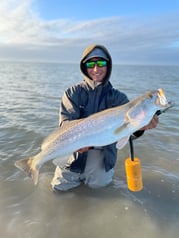
January 19, 2021
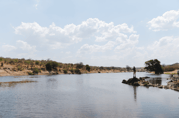
March 8, 2022
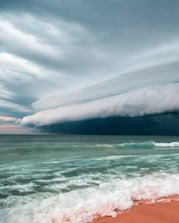
August 21, 2023
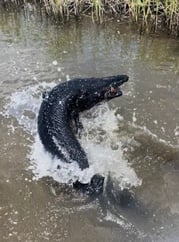
June 22, 2022
Related Articles
June 20, 2024
November 10, 2022
October 23, 2022
Featured Locations
- Fishing Charters Near Me
- Austin Fishing Guides
- Biloxi Fishing Charters
- Bradenton Fishing Charters
- Cabo San Lucas Fishing Charters
- Cancun Fishing Charters
- Cape Coral Fishing Charters
- Charleston Fishing Charters
- Clearwater Fishing Charters
- Corpus Christi Fishing Charters
- Crystal River Fishing Charters
- Dauphin Island Fishing Charters
- Daytona Beach Fishing Charters
- Destin Fishing Charters
- Fort Lauderdale Fishing Charters
- Fort Myers Fishing Charters
- Fort Walton Beach Fishing Charters
- Galveston Fishing Charters
- Gulf Shores Fishing Charters
- Hatteras Fishing Charters
- Hilton Head Fishing Charters
- Islamorada Fishing Charters
- Jacksonville Fishing Charters
- Jupiter Fishing Charters
- Key Largo Fishing Charters
- Key West Fishing Charters
- Kona Fishing Charters
- Lakeside Marblehead Fishing Charters
- Marathon Fishing Charters
- Marco Island Fishing Charters
- Miami Fishing Charters
- Montauk Fishing Charters
- Morehead City Fishing Charters
- Naples Fishing Charters
- New Orleans Fishing Charters
- New Smyrna Beach Fishing Charters
- Ocean City Fishing Charters
- Orange Beach Fishing Charters
- Panama City Beach Fishing Charters
- Pensacola Fishing Charters
- Pompano Beach Fishing Charters
- Port Aransas Fishing Charters
- Port Orange Fishing Charters
- Rockport Fishing Charters
- San Diego Fishing Charters
- San Juan Fishing Charters
- Sarasota Fishing Charters
- South Padre Island Fishing Charters
- St. Augustine Fishing Charters
- St. Petersburg Fishing Charters
- Tampa Fishing Charters
- Tarpon Springs Fishing Charters
- Venice Fishing Charters
- Virginia Beach Fishing Charters
- West Palm Beach Fishing Charters
- Wilmington Fishing Charters
- Wrightsville Beach Fishing Charters

